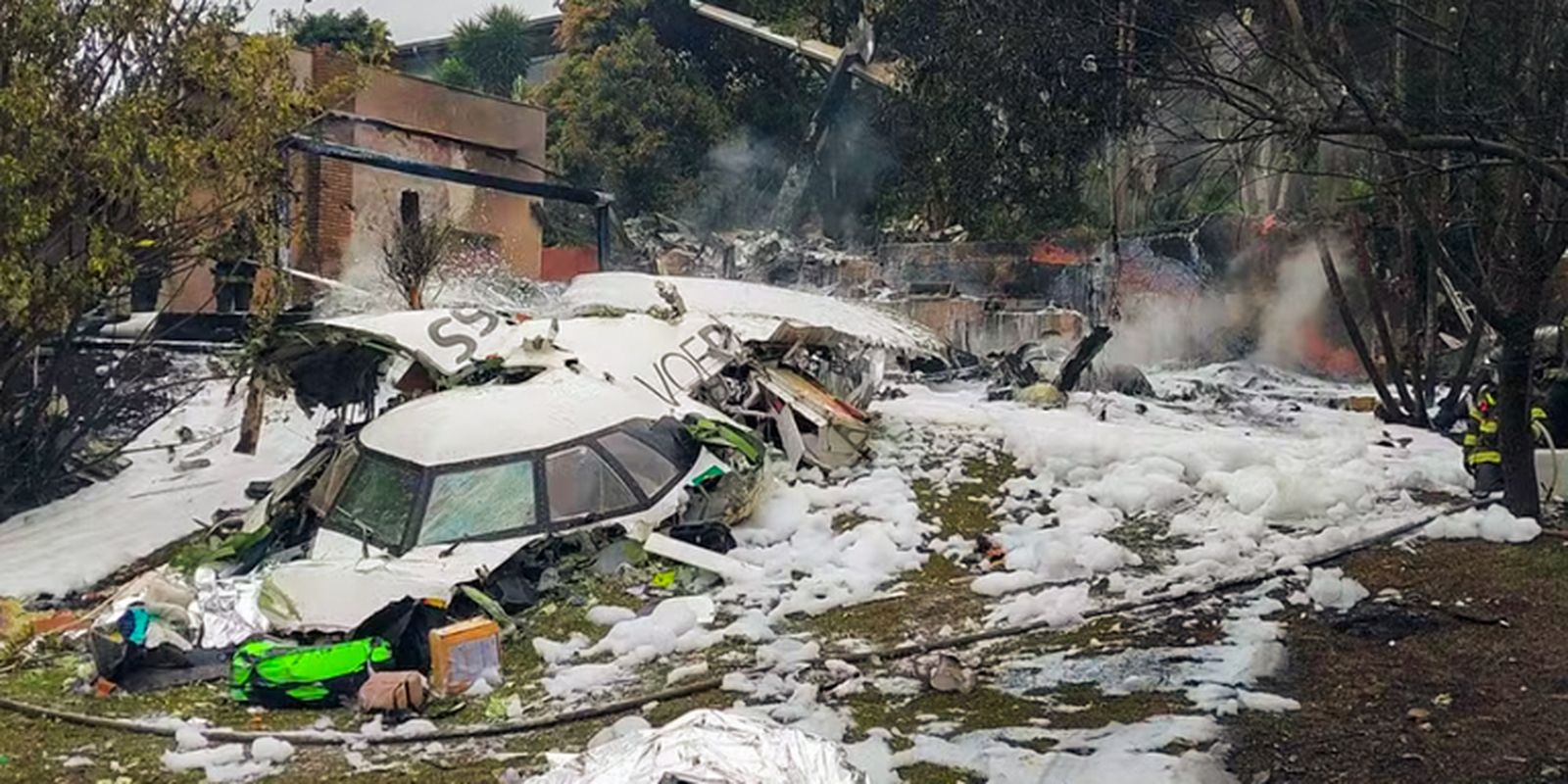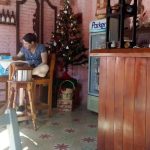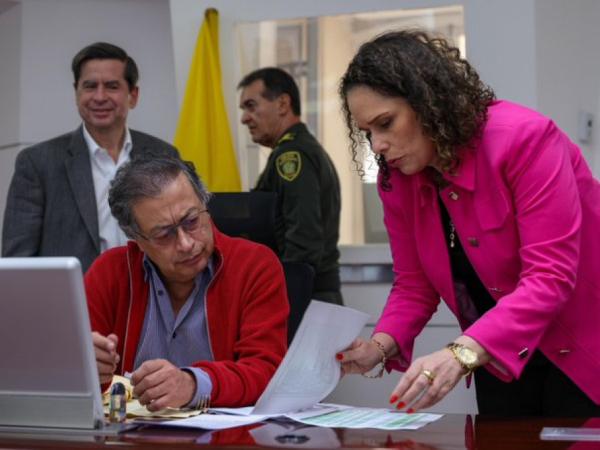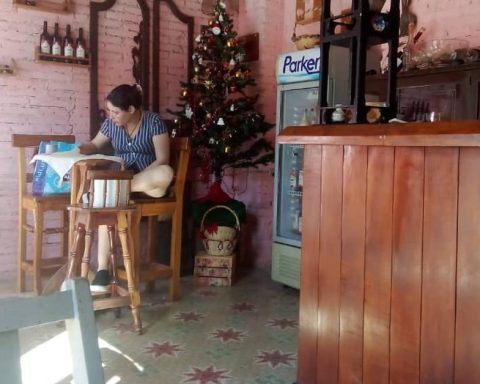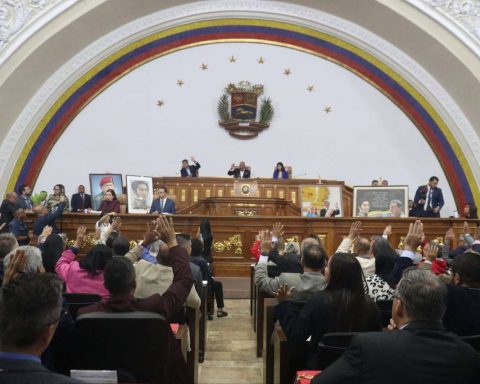A preliminary report from the Center for Investigation and Prevention of Aeronautical Accidents (Cenipa) of the Brazilian Air Force (FAB), released this Friday (6), indicates that the crew members talked, based on the analysis of the audio from the cockpit voice recorder, about a failure in the “de-icing” – a system that protects the aircraft against the formation and accumulation of ice on the wings.
Using the information obtained from the aircraft’s data recorder, it was also found that the airframe de-icing system – responsible for preventing ice from accumulating on the wings – was turned on and off several times. It is not yet possible to know whether the system was turned off by the crew or whether there was a failure.
“There were two times in the voice recorders. In the first one, the pilot comments that there was a failure in the airframe system. In a second moment, the co-pilot comments exactly this phrase: ‘A lot of ice'”, said the investigator in charge of the Investigation Commission, Lieutenant Colonel Paulo Mendes Fróes.
According to Cenipa, during the period in which the flight took place, there was a lot of humidity combined with air temperatures below 0°C, which favored the occurrence of Severe Aircraft Icing (FGA), from the north-central region of Paraná to São Paulo.
The plane crash occurred on August 9, in the municipality of Vinhedo (SP), and caused the death of the 62 people on board, including four crew members and 58 passengers.
Weather conditions
Investigators reported that the aircraft was in a condition to fly in icy conditions, with maintenance up to date; and that the pilot, co-pilot and other crew members were qualified and experienced in this type of flight. At no time did the crew declare an emergency to airspace control agencies or to nearby aircraft.
Furthermore, weather information was available prior to takeoff and indicated severe icing en route.
“It is important to highlight that there is no single factor for an accident, but rather several contributing factors. In the case of PS VPB [a aeronave da Voepass]the loss of control of the aircraft occurred during the flight under conditions favorable to the formation of ice, but there was no declaration of emergency or report of adverse weather conditions”, explained Lieutenant Colonel Paulo Mendes Fróes.
Cenipa also stated that the plane that suffered the accident was registered in the Regular Public Air Transport Registration Category (TPR), and was certified and equipped with systems that allowed operation in adverse environmental conditions, including atmospheric conditions with icing.
Final report
According to Cenipa, the investigation should follow three main lines of action from now on: human factor – which will determine the performance of the technical crew in the face of the situation; material factor – which will investigate the airworthiness condition, with special attention to the anti-icing, de-icing and protection systems against loss of lift of the aircraft; and the operational factor – which will analyze the elements related to the operational environment that may have led to the accident.
“The information available in the Preliminary Report may be updated as new factual data is obtained. Our goal is to deliver the final report as soon as possible, always depending on the complexity of the occurrence and, also, the need to discover possible contributing factors,” said the head of Cenipa, Air Brigadier Marcelo Moreno.
The ATR 72 aircraft, flight 2283, took off from Cascavel (PR) at 11:58 a.m. bound for Guarulhos Airport. The flight was normal until 1:20 p.m. However, from 1:21 p.m., the aircraft stopped responding to calls from São Paulo Approach Control (APP-SP). Radar contact was lost at 1:21 p.m., and the collision with the ground occurred at 1:22 p.m.
Cenipa informs that the investigations “do not seek to establish guilt or liability, as provided for in § 4, art. 1, of Decree No. 9,540/2018, nor are they intended to prove any probable cause of an accident, but indicate possible contributing factors that allow for the elucidation of any technical issues related to the aeronautical occurrence”.
